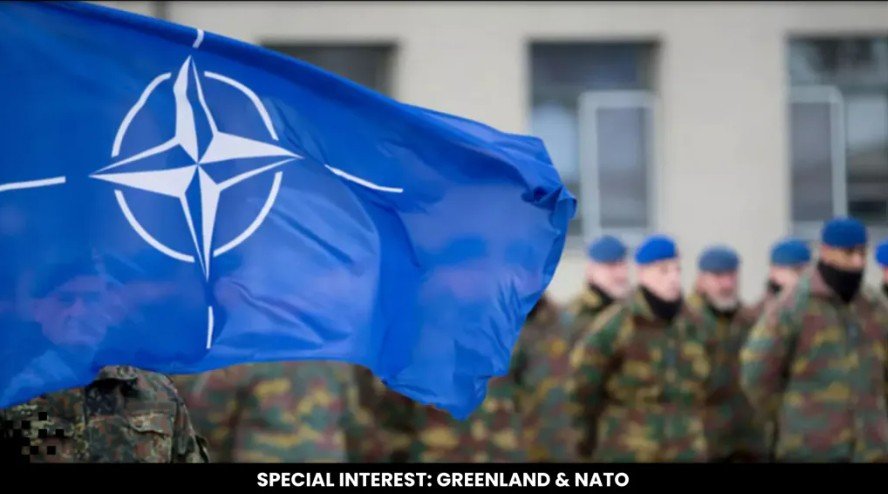On June 13, 2025, Israeli forces, deploying over 200 fighter jets, struck dozens of sites including nuclear facilities, radar stations, surface-to-air missile batteries, and senior military leadership positions in Tehran. The Israel Defense Forces (IDF) described operation “rising lion” as preemptive, citing intelligence that Iran was accelerating its efforts to produce nuclear warheads. Prime Minister Benjamin Netanyahu stated the mission aimed to neutralize an existential threat, vowing to continue “as long as it takes.” Iran’s foreign minister condemned the operation as a “declaration of war,” responding with over 100 drones launched toward Israel, which the IDF is actively intercepting.
Longstanding Rivalry
The roots of this latest conflict are embedded in decades of hostility, heightened by Iran’s advancing nuclear program and Israel’s deep concerns over the potential for nuclear weapons development. Israel has long accused Iran of pursuing a clandestine nuclear arsenal, while Tehran insists its program is strictly for civilian use. Recent developments—such as Iran allegedly acquiring Israeli nuclear secrets and the weakening of its regional proxies like Hezbollah and Hamas—have emboldened Israel’s leadership to strike. The fall of Syria’s Bashar al-Assad and setbacks for Iran-backed groups have created what Israel views as a strategic window of opportunity, despite the ongoing U.S.-Iran nuclear negotiations. The International Atomic Energy Agency (IAEA) has also cited Iran for multiple rule violations, further fueling Israel’s justification for unilateral action.
U.S.-Israel Divide
The U.S., under President Donald Trump, has been actively pursuing diplomatic efforts to limit Iran’s nuclear capabilities, with a sixth round of talks scheduled for June 15, 2025, in Oman. Frustrated by Iran’s refusal to halt uranium enrichment—a key point of contention—Trump had previously urged Israel to avoid military action that could undermine negotiations. Israel’s unilateral strike underscores a widening rift with Washington. Although Israel informed the U.S. of its plans, American forces provided no support. U.S. intelligence continues to assess that Iran has not yet made the decision to weaponize its nuclear program—a conclusion at odds with Israeli assessments. In response to potential Iranian retaliation, the U.S. has evacuated diplomats and military families from the region. Tehran has warned that U.S. assets may be targeted if the conflict widens.
Iran’s Retaliation
Iran’s response has been swift but partially limited due to damage sustained during Israeli strikes in October 2024, which degraded its air defenses and missile production facilities. While Iran’s drone launches and threats of further action signal readiness to escalate, its diminished regional position—especially following losses in Syria and Lebanon—may restrict its ability to sustain a large-scale counteroffensive. The strikes have also rattled global oil markets, with prices fluctuating amid concerns that Iran might attempt to close the Strait of Hormuz, a key global oil artery. Analysts warn that broader conflict could destabilize the entire Middle East, pulling in global powers and jeopardizing diplomatic efforts. China has expressed alarm over the “grave consequences,” while Hezbollah condemned the Israeli strikes but has not yet engaged militarily.
Escalation Risks
The situation remains highly volatile. Israel is preparing for additional strikes while Iran promises a “proportionate” response. The IDF’s strategy, blending air raids with covert sabotage, aims to severely cripple Iran’s nuclear and military infrastructure.
Israel is determined to prevent a nuclear-armed Iran, given Iran’s doctrine calling for Israel’s destruction.




